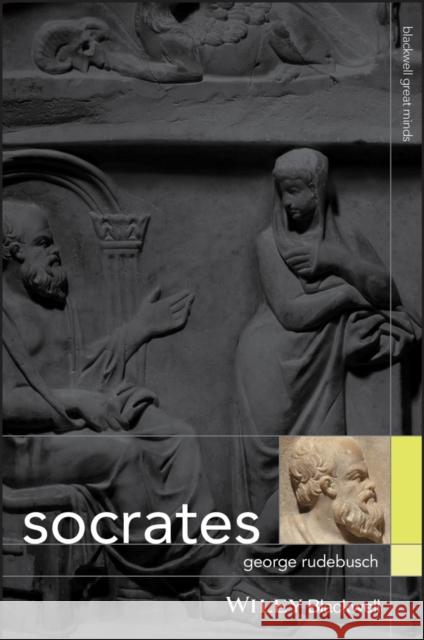Socrates » książka
topmenu
Socrates
ISBN-13: 9781405150866 / Angielski / Miękka / 2009 / 240 str.
Socrates presents a compelling case for some life-changing conclusions that follow from a close reading of Socrates' arguments.
- Offers a highly original study of Socrates and his thought, accessible to contemporary readers
- Argues that through studying Socrates we can learn practical wisdom to apply to our lives
- Lovingly crafted with humour, thought-experiments and literary references (from the Iliad to Harry Potter), and with close reading sof key Socratic arguments
- Aids readers with diagrams to make clear complex arguments











